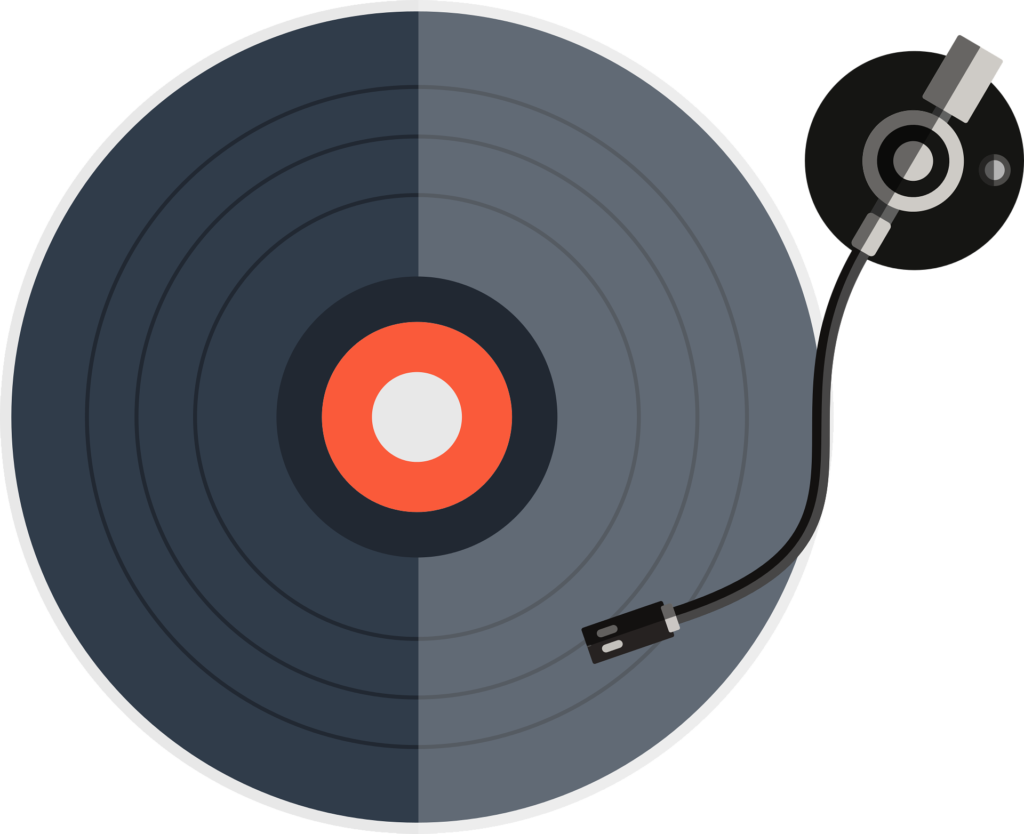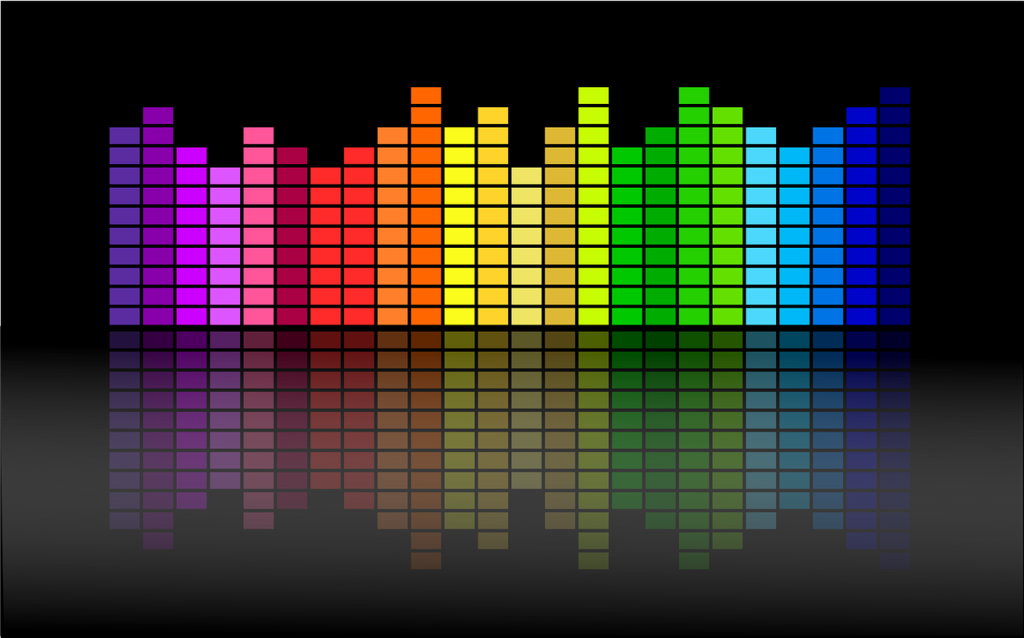
Sleep is essential for our physical, mental, and emotional well-being, yet many individuals struggle with sleep disturbances that affect their quality of life. Fortunately, numerous studies have shown the positive impact of music on sleep quality, offering a natural and effective intervention for those facing sleep-related issues. In this comprehensive guide, we’ll delve into the science behind music’s influence on sleep and explore how it can be used to promote relaxation, reduce stress, and improve overall well-being.

The Historical Roots of Music and Sleep:
The relationship between music and sleep dates back thousands of years, with early civilizations recognizing the soothing effects of music on the mind and body. Lullabies, designed to calm infants and promote sleep, have been used since ancient times, highlighting the innate connection between music and relaxation.
Modern Scientific Understanding:
In recent years, scientific research has provided compelling evidence for the efficacy of music in improving sleep quality. Studies have shown that listening to music can lead to higher perceived sleep quality, greater sleep efficiency, longer sleep durations, and reduced sleep disturbances. Music has been found to increase slow-wave sleep (deep sleep) and decrease rapid eye movement sleep (lighter sleep stage), resulting in a more restorative and rejuvenating sleep experience.

Benefits of Music Therapy:
Music therapy has emerged as a valuable tool for treating sleep disorders, offering a safe and accessible alternative to pharmacological interventions. Unlike medication, music therapy has no reported side effects and is easy to administer. Music therapy interventions, such as music-assisted relaxation and listening to calming melodies, have been shown to reduce sleep onset latency and improve overall sleep quality for individuals with insomnia.
Mechanisms of Action:
The mechanisms by which music influences sleep are multifaceted and include physiological, psychological, and cognitive factors. Music has been found to reduce sympathetic nervous system activity, decrease blood pressure and heart rate, and induce relaxation responses in the body. By aligning with the body’s natural rhythms and promoting a state of calmness, music creates an optimal environment for falling asleep and maintaining stable sleep stages.

Empirical Findings:
Numerous empirical studies have demonstrated the positive effects of music on sleep quality across various populations and contexts. Preferred music has been shown to decrease cortisol levels, reduce stress, and elevate melatonin levels, all of which contribute to a more conducive sleep environment. Instrumental music, such as classical or ambient compositions, has been found to be particularly effective in inducing relaxation and improving sleep quality.
Individual Variability:
While music therapy holds promise for improving sleep quality, it’s essential to recognize that individual responses to musical stimuli may vary. Personal preferences, cultural backgrounds, and susceptibility to different music types can influence an individual’s response to music therapy. By customizing music choices to suit individual preferences, the effectiveness of music therapy interventions can be maximized, leading to better outcomes and improved quality of life.

Conclusion:
Music therapy offers a natural and accessible approach to improving sleep quality and promoting overall well-being. With its ability to induce relaxation, reduce stress, and create a peaceful sleep environment, music has the potential to transform the sleep experience for individuals facing sleep-related issues. By incorporating music therapy into our daily routines, we can harness the healing power of music to achieve better sleep and enhanced quality of life.